Living On-site While Renovating? Here Are 6 Points That Will Help
March 30, 2022
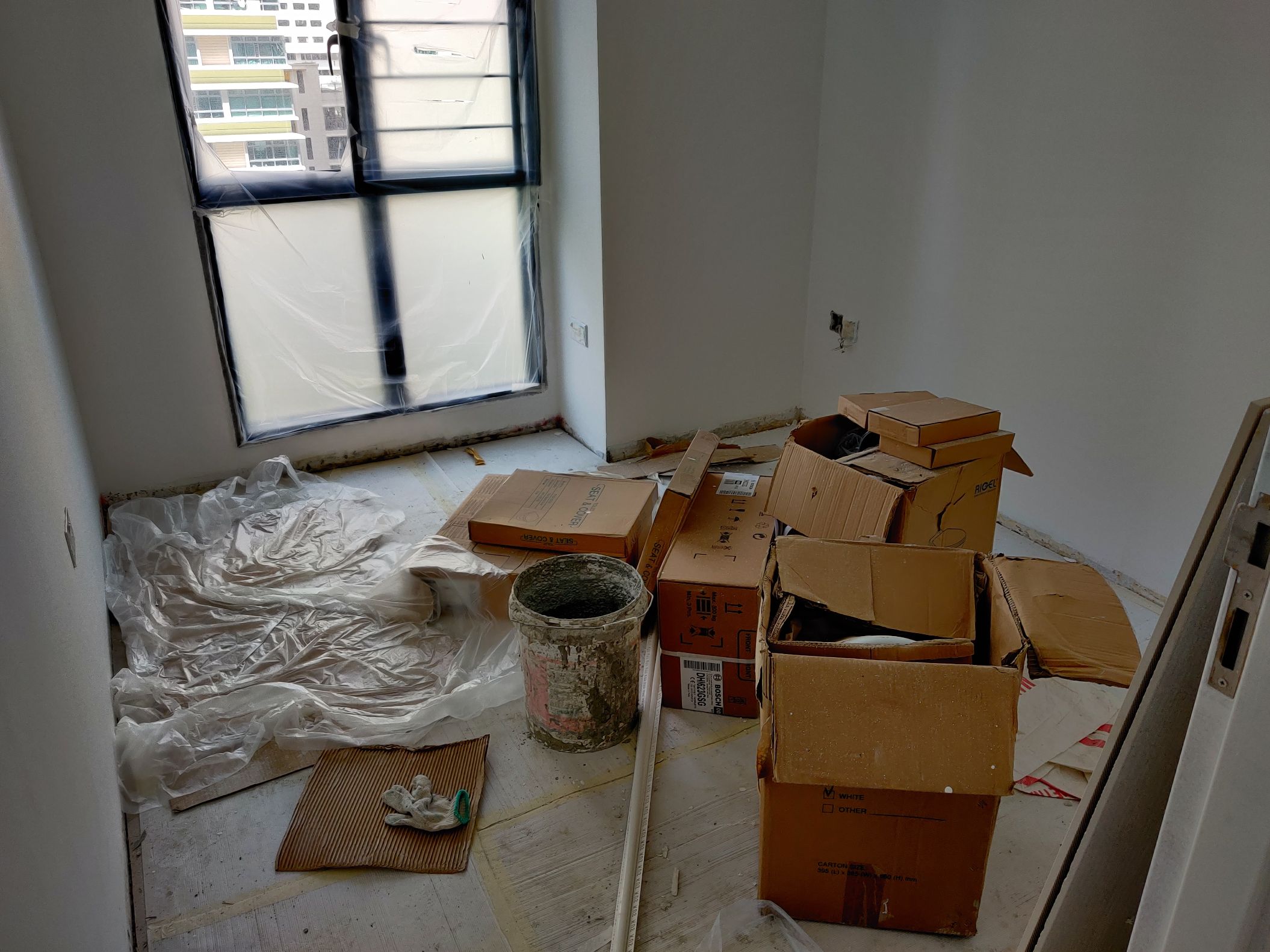
Renovation delays are common due to Covid, and more buyers are unwilling to extend the date of vacant possession. For families waiting on the contractor, there may be a strong temptation to try and live with ongoing renovations – that would save you the cost of temporary accommodation at least, especially with the increasing rental rates in Singapore. But is this actually viable, and what does it take? Here’s what you need to know:
Table Of Contents
- Should you live on-site while renovations are ongoing?
- The biggest risk during Covid-19 is a forced stop to renovation works.
- How to make living on-site viable
- 1. Store your valuables elsewhere
- 2. Prioritise rooms based on your needs
- 3. Get sufficient ventilation
- 4. Make arrangements for bulk storage
- 5. Find nearby sites to escape to for work/peace
- 6. Have contingency plans for babies, toddlers, and pets
Many readers write in because they're unsure what to do next, and don't know who to trust.
If this sounds familiar, we offer structured 1-to-1 consultations where we walk through your finances, goals, and market options objectively.
No obligation. Just clarity.
Learn more here.
Should you live on-site while renovations are ongoing?
It’s certainly an uncomfortable arrangement, but there are some benefits to doing this. Besides an outright lack of choice, two other reasons are to (1) directly observe the day-to-day work, and (2) you hate worrying about the completion date. The risk of having to leave your previous home, before the new one is ready, is quite anxiety-inducing for some.
That said, some homeowners are better suited to doing this than others. Living on-site during renovations is easier if:
- Your home has more than one toilet. This is obviously very important, as one toilet needs to be functional while the other is renovated.
- You’re a smaller family, or if you’re just a young couple (living on-site is definitely not recommended if you have very young children or pets)
- If you work from home, you want nearby locations that you can “escape” to; such as a condo clubhouse that you can work from, or a coffee shop where you can sit all day to work (if it’s an HDB flat)
- No one in the family has a sensitive nose – no asthmatics that will be triggered by the dust, for instance.
- You are renovating a larger property like a landed home. It is especially helpful if your layout allows for more than one point of entry/exit, or if you have multiple storeys and can do one floor at a time.
Most importantly, do note that not every contractor will take up such an arrangement. It goes without saying that it can be a logistical nightmare to plan, and having someone staying there could delay the renovation process further because of additional planning.
Also, there is the challenge of insurance and liability here, as you will not fall under the contractor’s insurance plans. Should you, unfortunately, sustain any sort of injury during the renovation process, this could be a point of contention to be aware of.
The biggest risk during Covid-19 is a forced stop to renovation works.
This has happened before, at the height of the pandemic. There is a risk that, if for some reason renovation works can’t continue, you’ll be stuck living in a half-completed home. This is almost always unbearable and could result in you having to rent anyway.
Do keep this in mind, before you decide to make the bold move of living on-site.
How to make living on-site viable
- Store your valuables elsewhere
- Prioritise rooms based on your needs
- Get sufficient ventilation
- Make arrangements for bulk storage
- Find nearby sites to escape to for work/peace
- Have contingency plans for babies, toddlers, and pets
1. Store your valuables elsewhere
As if this needs any further reminding, but if you have jewellery, cash, or other high-value items, it’s best to keep them elsewhere until renovations are done.
There can be many different subcontractors and their workers going in and out of your home, and the last thing you want is an unpleasant confrontation when things go missing.
We have heard of cases where expensive watches, rings, etc., go missing, the police get called, and the accused refuse to continue working on the project. Also note that for home content insurance, there is often a claim limit for each item (e.g., you may only be able to claim $500 for a $10,000 watch that goes missing).
Theft aside, there’s also a greater risk of damage while renovations are ongoing. You don’t want paint splatter on your collectable art, for example.
Try to keep your valuables at another family member’s home, or in a bank safe deposit as a last resort (as that will incur fees).
2. Prioritise rooms based on your needs
With toilets, you invariably need to renovate one at a time, as one must always be up and running. Coordinate with your contractor on which bathroom to do first.
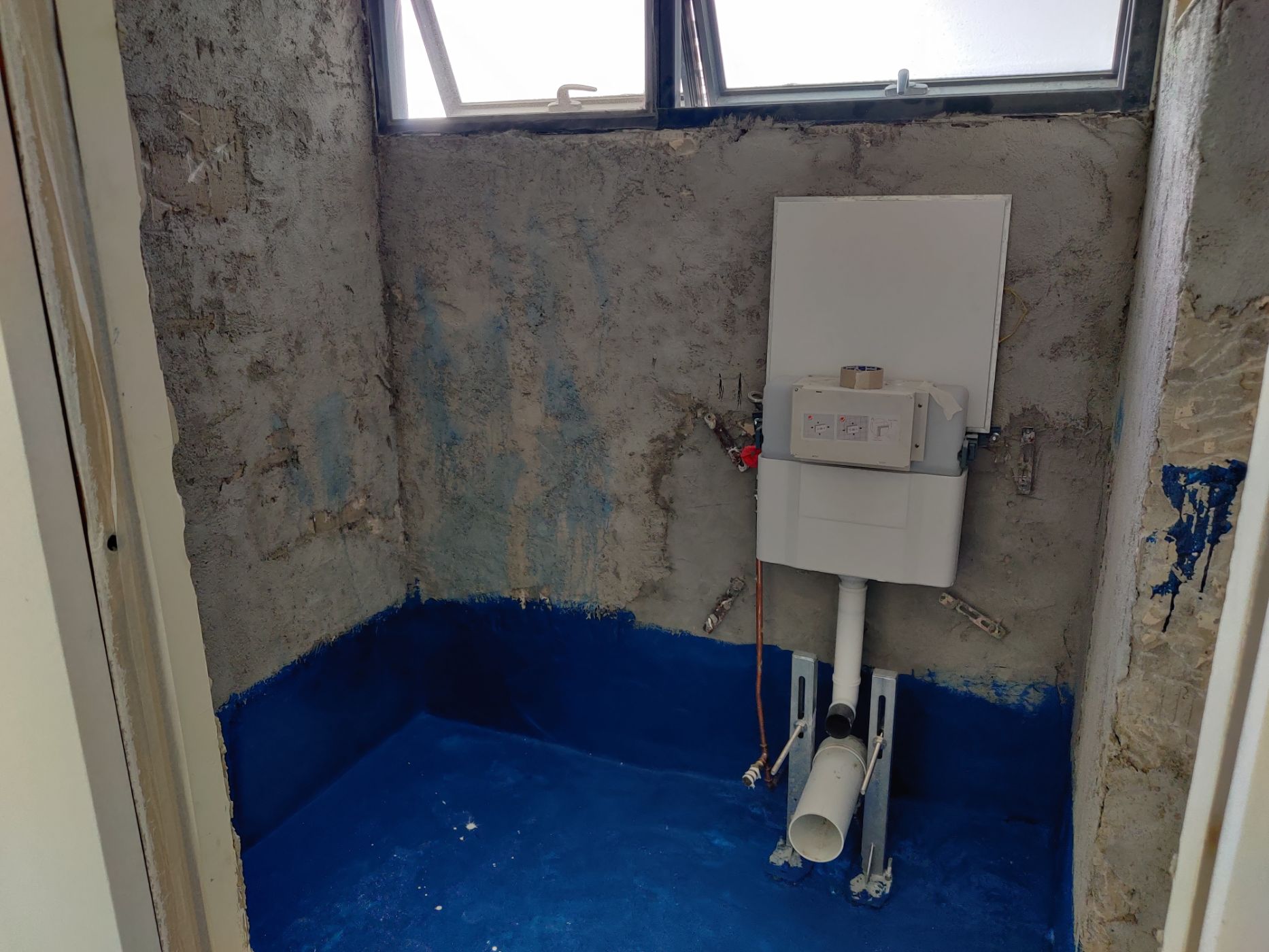
Other than that, the “correct” sequence of rooms is dependent on your lifestyle. You may need to eat out more often, for instance, while your kitchen is being renovated; and you may want tatamis or mattresses on the living room floor, while the bedrooms are being renovated (some homeowners prefer to sleep in the living room while all the bedrooms are done at the same time).
3. Get sufficient ventilation
While dust is a natural expectation to have during a renovation, do remember that it will be an ever-present part of the house – no amount of cleaning can get rid of it. As soon as you wipe a surface, it’s only a matter of time before it’s covered again. If you are a clean freak, you’d probably want to stay away.
Not only is there a lot of dust flying around, but air-conditioners also may not be working; and some parts of the home, such as long corridors or rooms that lack windows, can become quite unbearable.
Get some floor fans if you can, and position them around your unit to keep the ventilation going. This will also be important once painting starts.
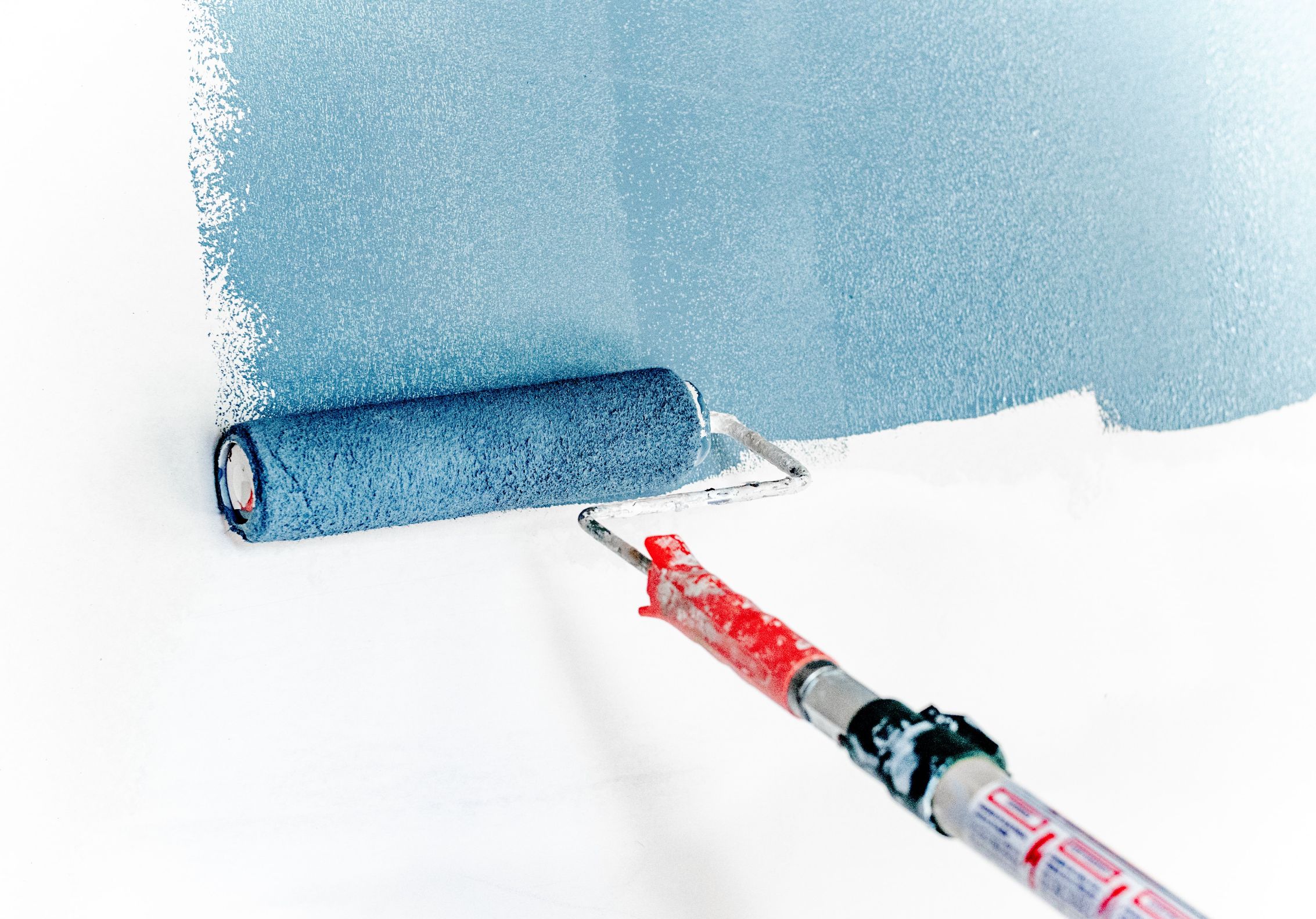
Most painters these days use odourless, low VOC paint; but we’re not doctors, and we can’t say with confidence that it’s fine to hang around and inhale lots of it.
This is a significant concern for infants, who must be kept away from the more stifled spots. It can also affect some pets, such as breeds not adapted to our tropic conditions.
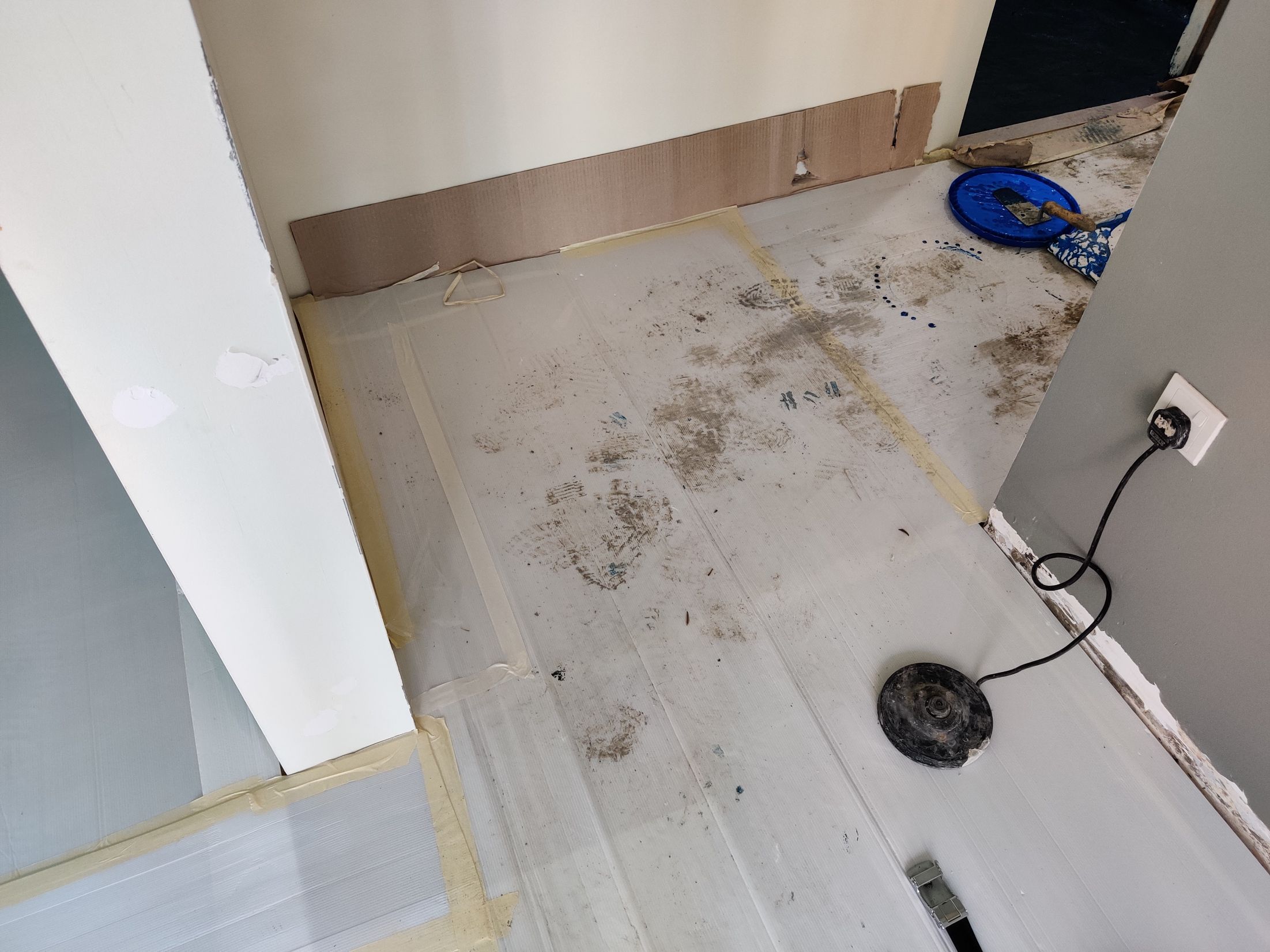
Property Market CommentaryStop Blaming Just The IDs: Here’s The Less-Talked About Side Of The Renovation Industry
by Adriano Tawin4. Make arrangements for bulk storage
Large, high-value items like big-screen TVs, pianos, antique desks, etc. probably can’t be kept on-site during renovations. So even though you save on rental, you’ll probably still need to pay for bulk storage.
If you have a spare room – such as a helper’s room that’s not used – you can ask the contractor to help do some measurements, and determine if it’s sizeable enough for storage.
Some (not all) contractors actually have provisions for this; they may have a place to temporarily store clients’ items.
5. Find nearby sites to escape to for work/peace
This is where condos excel, as most condos have clubhouses, poolside areas, or BBQ pits (if unused) where you can sit and work. If you sit close enough to the clubhouse and the gym, you can usually also tap into wi-fi, if it’s available.
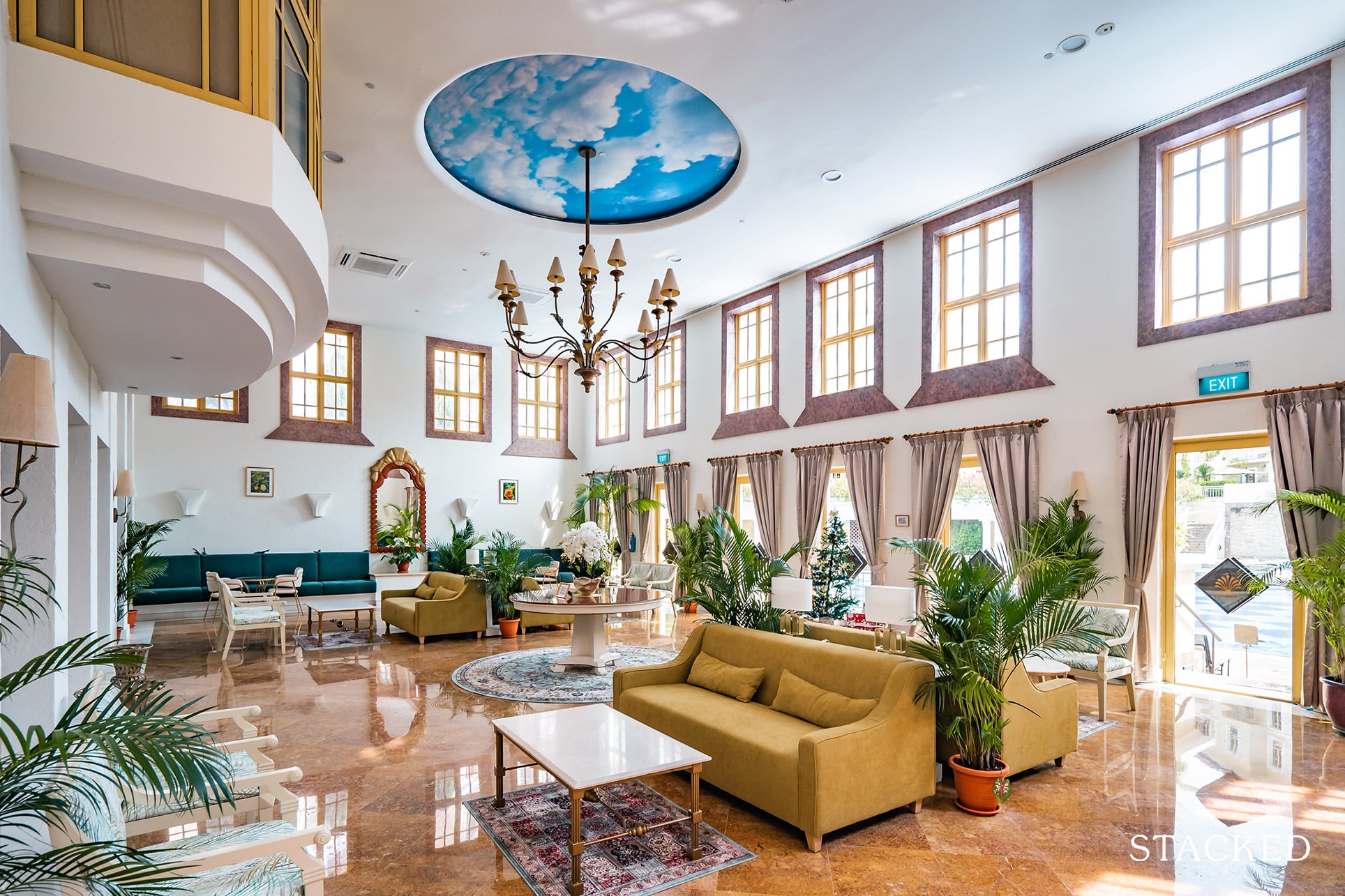
Otherwise, you’ll have to scout out spots in the neighbourhood. Before renovations start, pick out a few coffee shops, cafes, or – best of all – a neighbourhood library that you can work from (then you won’t be expected to buy a drink every 30 minutes).
6. Have contingency plans for babies, toddlers, and pets
Regardless of how prepared you think you are, always have a fallback if you have babies, toddlers, and pets.
There is always a possibility that conditions are unbearable to them, to the point of posing a real medical risk (e.g., your infant is sensitive and gets wheezy). You may, on short notice, end up having to leave them in the care of in-laws, siblings, etc.
We would suggest that, even if you commit to living on-site, you still look around for viable rental options anyway – just in case it gets to the point where you have to move. You may be able to tough it out, but your young children can’t.
Lastly, if you’ve read through the entire article and are leaning towards living on-site during the renovation process, do remember to allocate more time for the renovation. In most cases, not everything may go according to schedule, and you may have to endure the noise and dust for longer than you might think.
If you need help with renovation issues or aren’t sure how to plan for a home upgrade (e.g., HDB to condo), reach out to us on Stacked. We can put you in touch with an expert, who can help you to plan a smoother move. You can also check out in-depth reviews on new and resale condos alike, to make an informed purchase.
At Stacked, we like to look beyond the headlines and surface-level numbers, and focus on how things play out in the real world.
If you’d like to discuss how this applies to your own circumstances, you can reach out for a one-to-one consultation here.
And if you simply have a question or want to share a thought, feel free to write to us at stories@stackedhomes.com — we read every message.
Ryan J. Ong
A seasoned content strategist with over 17 years in the real estate and financial journalism sectors, Ryan has built a reputation for transforming complex industry jargon into accessible knowledge. With a track record of writing and editing for leading financial platforms and publications, Ryan's expertise has been recognised across various media outlets. His role as a former content editor for 99.co and a co-host for CNA 938's Open House programme underscores his commitment to providing valuable insights into the property market.Need help with a property decision?
Speak to our team →Read next from Property Advice

Property Advice We Can Buy Two HDBs Today — Is Waiting For An EC A Mistake?

Property Advice I’m 55, Have No Income, And Own A Fully Paid HDB Flat—Can I Still Buy Another One Before Selling?

Property Advice We’re Upgrading From A 5-Room HDB On A Single Income At 43 — Which Condo Is Safer?

Property Advice We’re In Our 50s And Own An Ageing Leasehold Condo And HDB Flat: Is Keeping Both A Mistake?
Latest Posts

Singapore Property News Why Some Singaporean Parents Are Considering Selling Their Flats — For Their Children’s Sake

Pro River Modern Starts From $1.548M For A Two-Bedder — How Its Pricing Compares In River Valley

New Launch Condo Reviews River Modern Condo Review: A River-facing New Launch with Direct Access to Great World MRT Station



































0 Comments